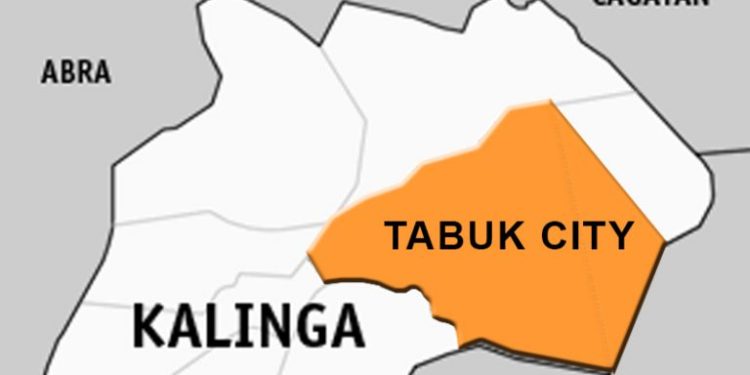#Agriculture #Hydroponics #SustainableFarming #FoodSecurity #Nutrition #BackyardGardening #Sustainable #Agriculture #CropYield #WaterConservation #OrganicFarming
Hydroponics, a revolutionary farming method that involves growing plants without soil, has gained significant traction in recent years due to its numerous benefits. Tabuk’s second hydroponic greenhouse farm, situated in Brgy. Cabaritan, is an exemplary initiative that seeks to encourage backyard gardening as a practical approach to achieve food security and address malnutrition and food deprivation.
Unlike conventional soil-based planting, hydroponics uses a water system that consumes less water while effectively nourishing the crops. The automated irrigation system eliminates the need for daily manual watering, further conserving resources. Additionally, the water used during irrigation is recycled within the system, making it eco-friendly and sustainable.
Harriet Tenda, the visionary owner of the hydroponic farm, emphasizes that hydroponics enables faster plant development and yields larger quantities, ensuring financial stability for families involved in the venture. The farm primarily focuses on cultivating five different varieties of lettuce, along with a variety of herbs and vegetables. Within just 35 days, the crops are ready for harvest, grown pest-free, and organically nurtured, enhancing their nutrient content.
One remarkable aspect of this hydroponic farming technique is its cost-effectiveness. A single span of this planting method can yield up to 60 kilos of lettuce, making it a financially viable option for families aiming to grow their own food. Moreover, this approach doesn’t require significant financial resources to start. Families can employ readily available materials like bamboos instead of steel beds for planting, making it accessible to a broader demographic.
Looking ahead, the hydroponic farm plans to expand its crop offerings by incorporating high-value crops such as strawberries, thereby diversifying its produce and contributing to a more sustainable local food system.
Beyond their own success, the Tenda family established the Indigenous Path Foundation to promote and support similar projects that cultivate organic vegetables in backyards. Their objective is to teach mothers and children how to engage in backyard gardening, fostering a culture of self-reliance and nutrition.
As a result of the farm’s abundant first harvest, the village of Brgy. Cabaritan was invited to participate in a program where they could take home lettuce, promoting the benefits of locally grown, nutrient-rich produce. A culinary competition was also held, showcasing the versatility of wholesome and nourishing snacks and meals that can be prepared using the farm’s produce.
Tabuk’s second hydroponic greenhouse farm represents a significant stride towards food security and sustainable agriculture. Through this innovative approach, families can cultivate their own nutrient-rich vegetables while minimizing environmental impact. The project’s potential for scalability, coupled with its commitment to promoting organic backyard gardening, makes it a model worth emulating in the pursuit of a healthier and more sustainable future.












